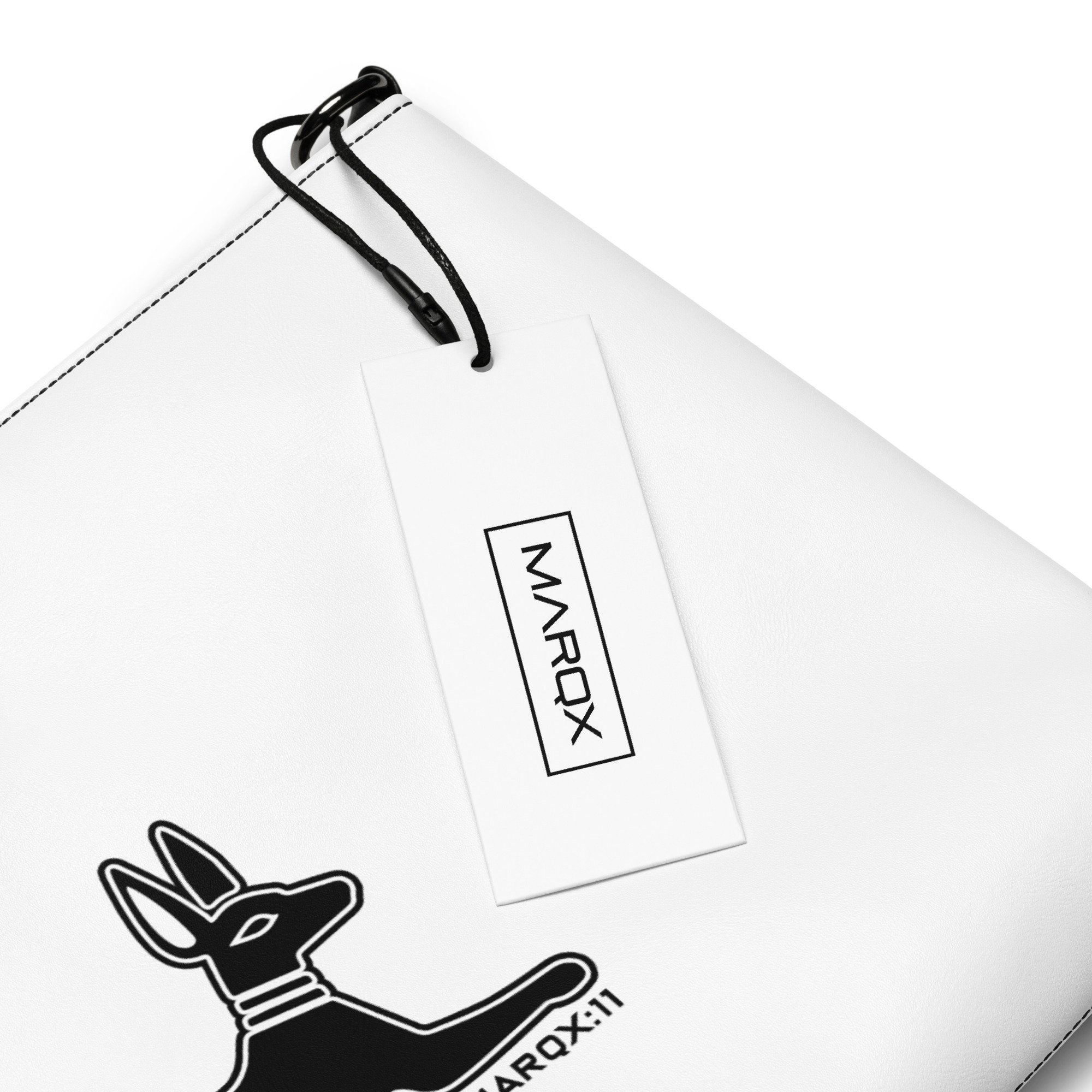EAZY-E
Eazy-E, born Eric Lynn Wright on September 7, 1963, in Compton, California, emerged as a pivotal figure in the West Coast hip hop scene and is often recognized as one of the genre's founders. Initially involved in the drug trade, Eazy-E transitioned into music by establishing Ruthless Records in 1987.
His label became a launchpad for the groundbreaking hip hop group N.W.A, along with members Dr. Dre, Ice Cube, and MC Ren. N.W.A’s 1988 album, "Straight Outta Compton," catapulted the group to international fame, known for its raw, unfiltered lyrics that addressed the realities of life in South Central Los Angeles, setting the stage for gangsta rap.
Eazy-E's distinctive vocal style, characterized by his high-pitched delivery, coupled with a flair for storytelling, made him an iconic performer. Beyond music, he played a crucial role in promoting and producing tracks that became anthems of resistance and social commentary. Songs like "Gangsta Gangsta" and "F*** tha Police" garnered both critical acclaim and controversy, reflecting the tensions between law enforcement and marginalized communities.
Despite facing legal battles and internal conflicts within N.W.A, Eazy-E's influence only expanded, as he launched a successful solo career with hits like "Eazy-Duz-It" and became a respected figure across the industry.
Tragically, Eazy-E's life was cut short when he was diagnosed with AIDS in early 1995; he passed away on March 26, 1995, at the age of 31. His death brought significant attention to the HIV/AIDS epidemic, particularly within the African American community. Despite his untimely passing, Eazy-E’s legacy endures, influencing countless artists and the evolution of hip hop culture.
He is often remembered not only for his musical innovations but also for his contributions to the genre’s broader social movements, leaving an indelible mark on American music history.
























